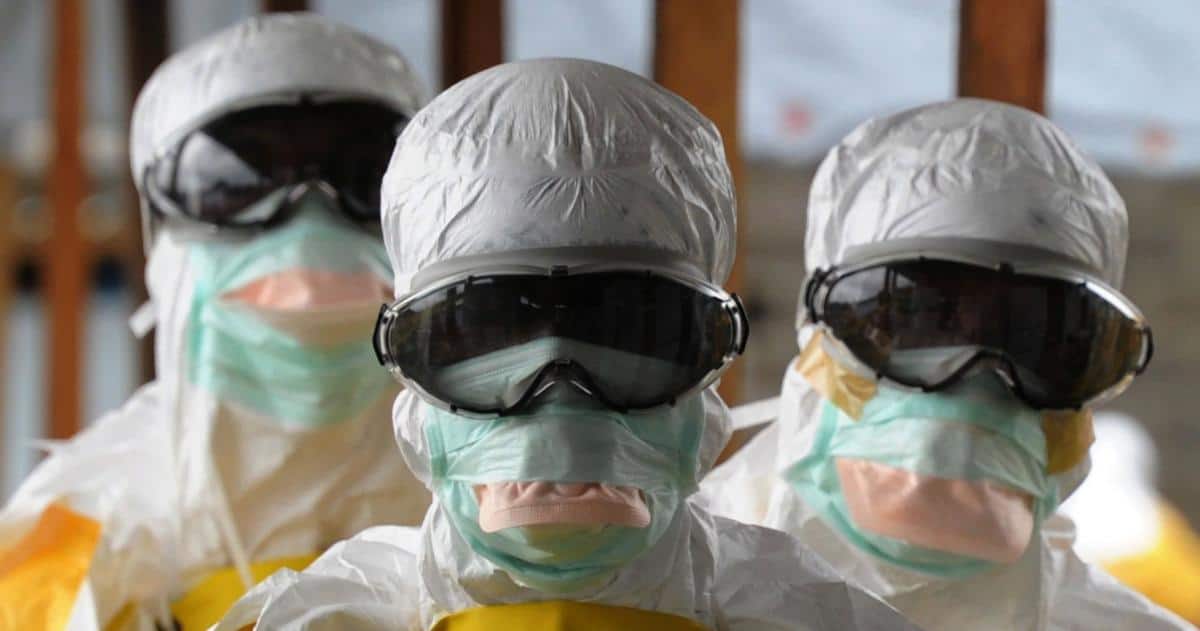Not trusting the official statistics of deaths from coronavirus, the civil society of Tajikistan has created a special website where alternative information is posted. Some Tajik Internet service providers blocked this site on the third day.
To date, the Tajik authorities have reported more than 600 patients with coronavirus and 20 deaths. Officially, the authorities recognized the presence of coronavirus in the country only on April 30. As an alternative, the civil society has created its own website, which already contains the names of more than 120 citizens, who died from coronavirus. According to the organizers, this site was created to show the real situation in the country, as the authorities are trying, in every possible way, to hide the truth from the world community.
The Tajik civil community also continues to actively help hospital doctors by raising funds to buy protective suits, masks, medicines and food. Every day on social networks, new reports appear on assistance to various medical institutions with photos and videos from grateful doctors.
At the same time, the civil community helps with foodstuffs poor families, who are left without livelihood due to the fact that remittances from their relatives, working in Russia, have sharply decreased.
Meanwhile, the Tajik authorities began to forcibly hold salaries from state employees, and transfer these amounts to the state fund for the fight against coronavirus. On May 1, the President Emomali Rahmon voluntarily decided to donate his monthly salary to fight against the coronavirus. Then many high-ranking officials followed his example. However, ordinary workers in the public sector were not even asked about their desire, and the authorities keep their salary automatically. On social networks daily, there are complaints of citizens who claim the authorities’ arbitrariness.
People in Tajikistan are vigorously discussing the flow of humanitarian aid from many countries and international organizations. Government media daily report large revenues of humanitarian aid, including protective equipment, medicines, antiseptics, and tens of millions US dollars, but medical facilities continue to feel an acute shortage of necessary funds, being content only with help from the civil community. The authorities don’t provide any reports on the distribution of humanitarian aid, so there are heated discussions on the Internet as to where all incoming aid goes.
Meanwhile, the administration of Khatlon region reported that on May 9, medical institutions of the region received a huge batch of help from the son-in-law of the President, Shamsullo Sokhibov. He sent his help in 25 cars, including about 200 thousand medicines, protective suits, masks, glasses, antiseptics and other medicines. Where the son-in-law of the President was able to purchase scarce commodity is not reported.







Leave feedback about this